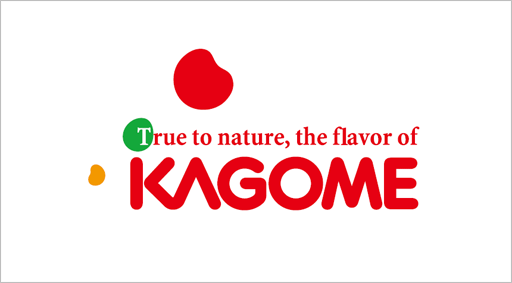
Since 1899, KAGOME – an agricultural company – has been cultivating tomatoes, an unfamiliar fruit in Japan at the time. Recently the company was introduced to STX BIO, a Korean microbial development company, to improve their agricultural production.
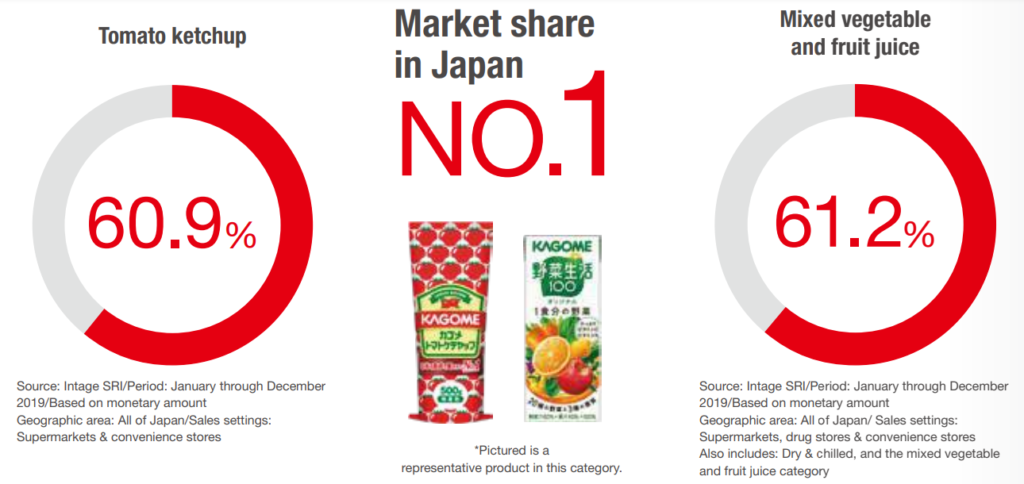
Headquartered in Nagoya, KAGOME started as a tomato ketchup company and has a complete vertical system of integration, ranging from producing, growing, processing and selling tomatoes and well as other vegetables. Kagome accounts for 60.9% of Japan’s market share in tomato ketchup and 61.2% in vegetable juice. It has developed a database of genetic resources 7,500 species of tomato seeds of the approximately 8,000 species of tomatoes worldwide, and is using them to develop new varieties.
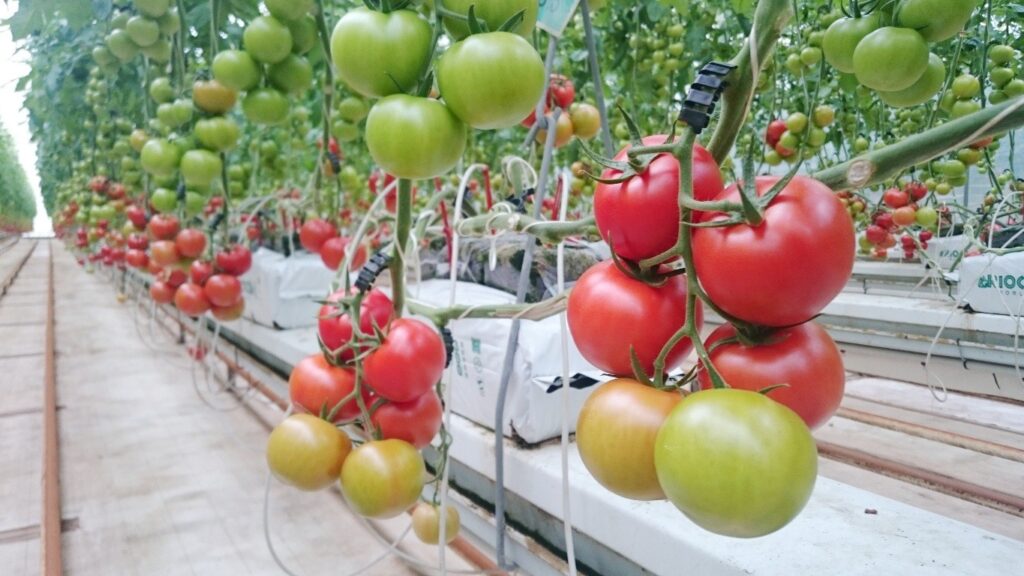
Since 1999, KAGOME has hydroponically grown tomatoes in a large glass greenhouse in a total area of 1.3 hectares in the Ibaraki Prefecture, and has been operating a 3 hectare glass greenhouse in Hiroshima since 2006.
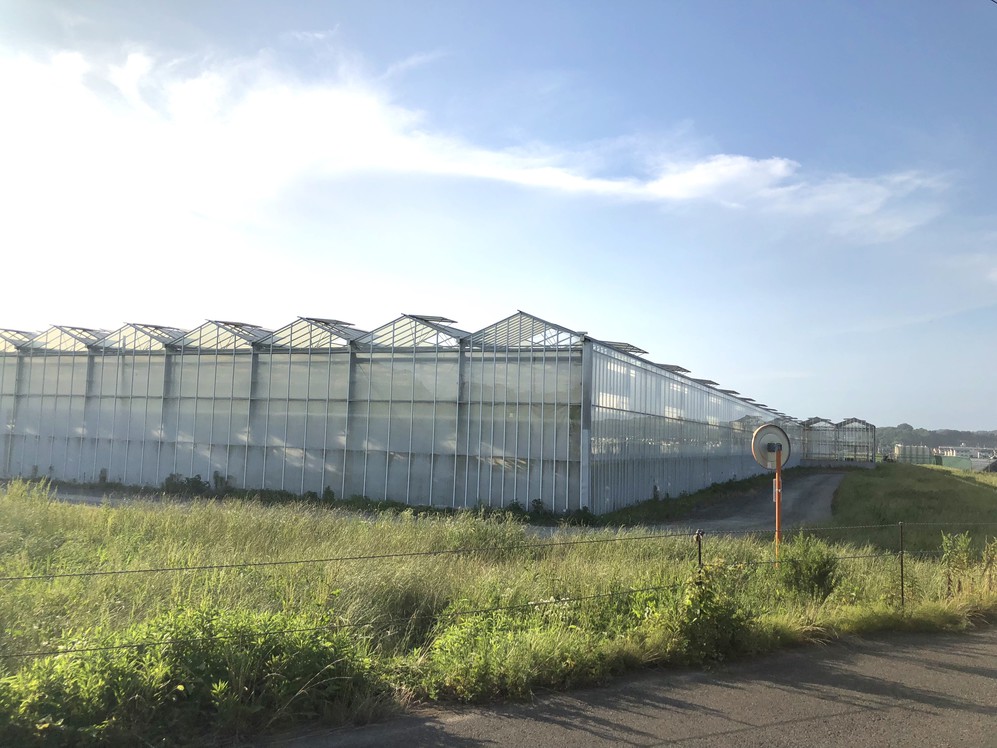
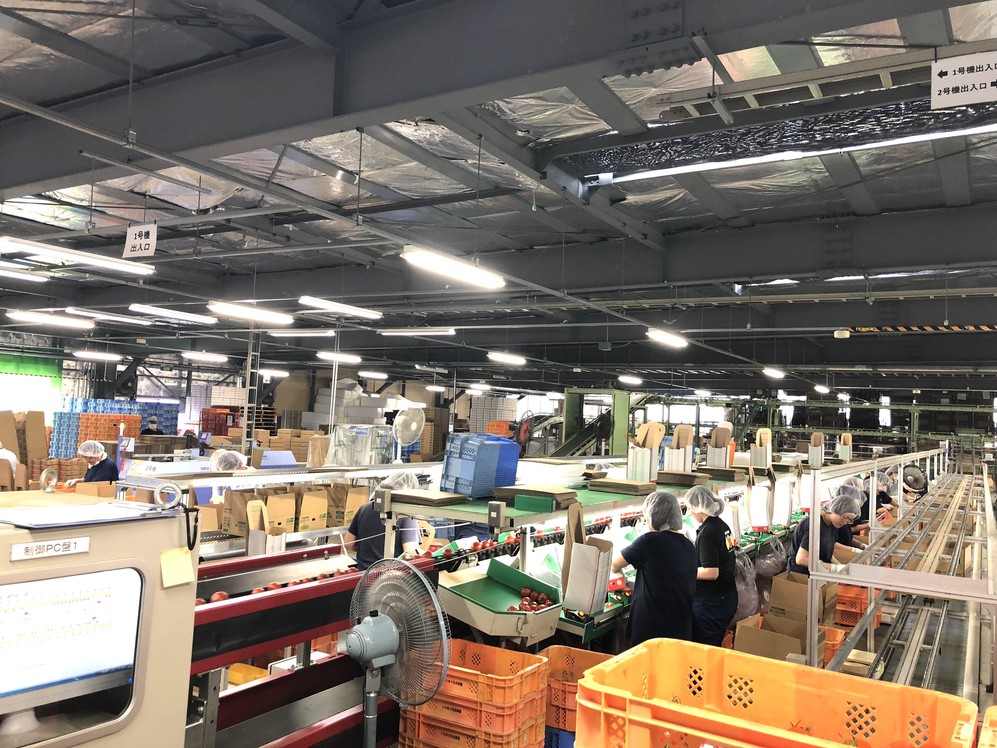
In 2015, KAGOME began agricultural collaboration with NEC, a Japanese multinational information technology and electronics company. They conducted AI farming experiments around the world, including Portugal, Australia and the United States, in 2019. Based on sensor data and satellite images, a system has been established to visualize tomato growth and soil conditions. With it, it can properly provide data such as the amount of irrigation water or fertilizer needed to raise fresh crops. According to the 2019 AI farming experiment conducted in Portugal, the average fertilizer usage decreased by 20% compared to conventional farming methods, and the tomato yield per hectare was 127 tons, 1.3 times more than conventional results. These results, which can only be seen from skilled professional farmers, have shown better performance than expected. KAGOME established the Smart Agriculture Division in 2020 and operates worldwide.
However, at a time when demands for tomato juice and vegetable juice continues to increase, the company strives to keep up with demand even if greenhouse cultivation or AI farming businesses are operated.
In the midst of this, KAGOME was naturally interested in STX Bio’s study of microorganisms. This is because STX Bio’s microorganisms boost plant growth (cabbage, potatoes, grass, peas, kale, cabbage, etc.) by 20 to 50 percent. This microorganism, a product backed by about 80 years of research, is a very special microorganism.
In addition to Korea, this product was utilized in many countries including China, Southeast Asia, and Africa. Not only for plant growth, it was also applied for animal growth promotion, water purification/odor removal, composting of animal manure, medical waste purification, concrete curing period reduction/compression strengthening, and radioactive substance conversion.
KAGOME desires to increase productivity by using STX Bio’s microorganisms in their greenhouses and vegetables growing on their fields around the world. KAGOME’s interest in STX Bio’s microorganisms by the introduction of the LA Times Asia Journal is understandable in this industry, and STX Bio in Korea deserves more attention.
Mike Choi
Asia Journal
(Los Angeles Times Advertising Supplement)



